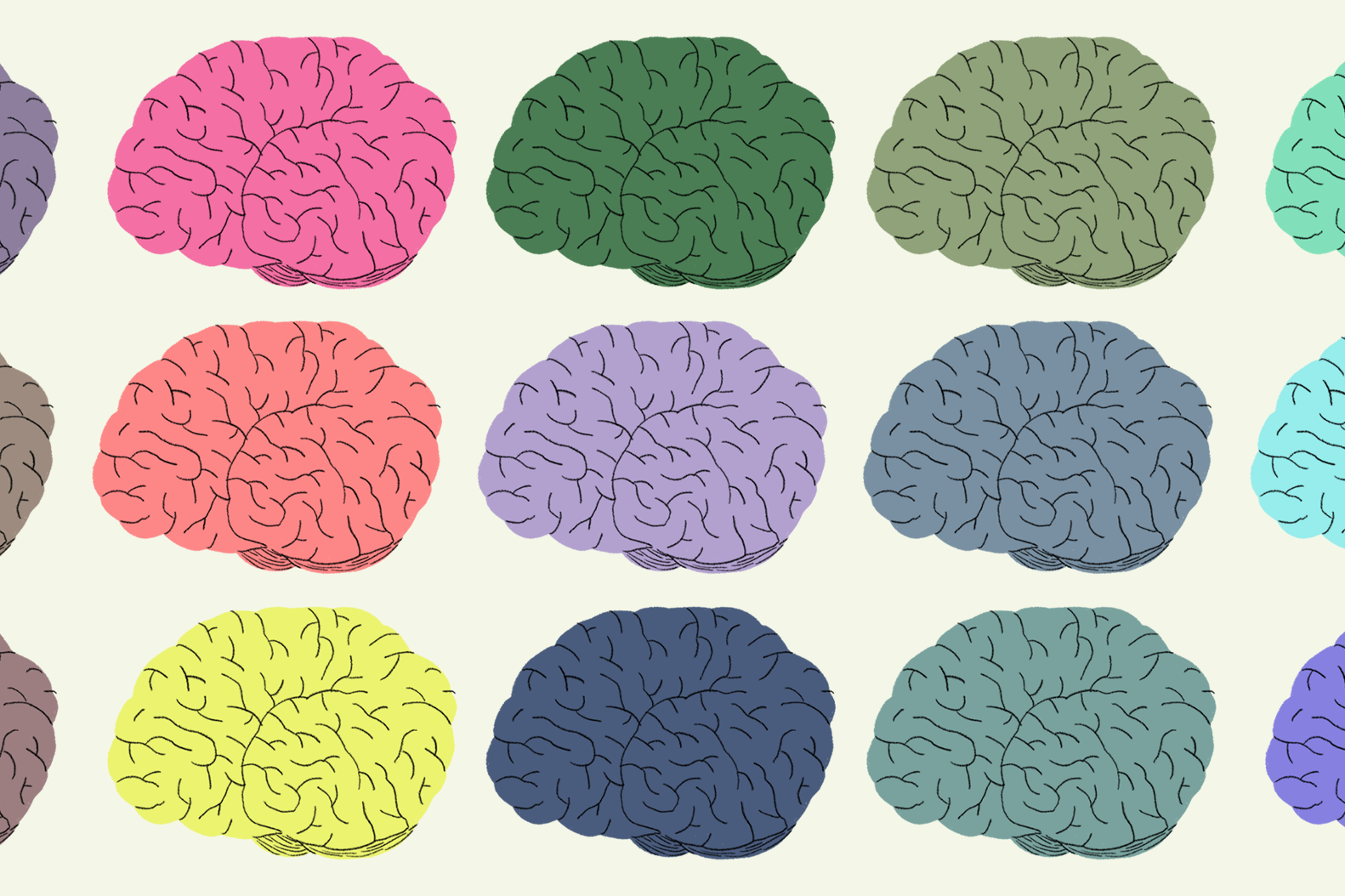*TRIGGER WARNING: THIS ARTICLE MENTIONS SUICIDE*
Five years ago, Hannah Grace Torres unexpectedly developed a mental health condition that led to two hospital admissions and even a suicide attempt. The 23-year-old shares how her life was turned around.
I used to be unaware about the issue of mental illness. I was an emotional kid, but I was mostly happy while growing up.
All that changed in 2016 during the first year of my tertiary studies.
A close friend opened up to me about the mistreatment she faced at home. Every time I hung out with her, it reminded me of her pain and how I couldn’t do anything to help.
I was unknowingly trying to be her “saviour” and tried to shoulder her burden. My mind was constantly filled with sorrow for her struggles, and I started losing sleep as those feelings snowballed.
At that time, I was also struggling with academic stress as assignments started piling up.
This mix of intense emotions overwhelmed my mind, and I began drifting away from reality. I became depressed, had extreme moods and started hearing voices.
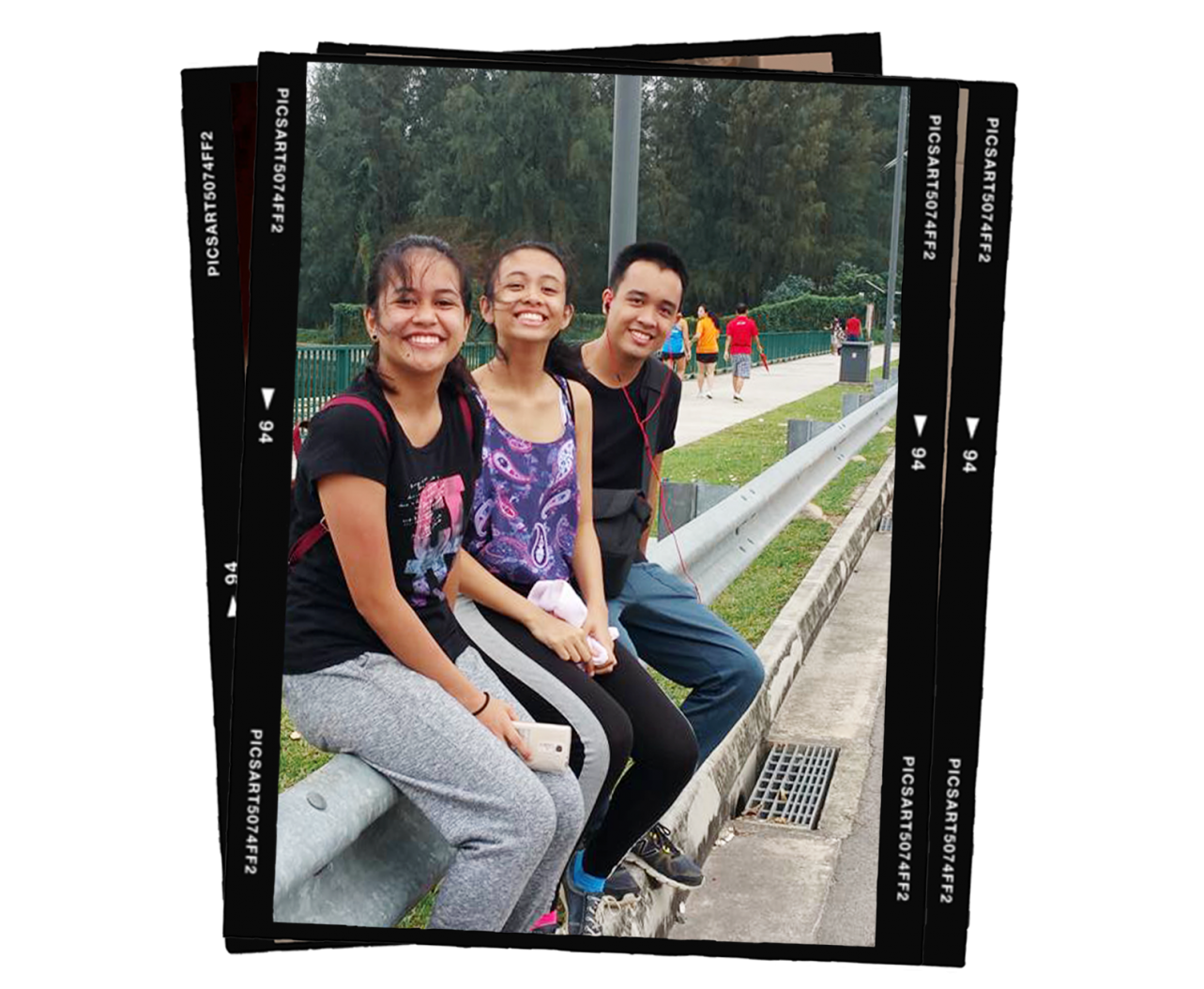
One time, when I was conversing with my school counsellor, I kept hearing her tell me weird things like “your dad is going to get arrested” and “you’re going to be in a mental hospital forever”, even though those were not the words she said.
Due to my mental health condition, I got a deferment from school and eventually dropped out. During this break from school, my mum brought me to numerous polyclinic appointments, which led to me seeing a psychiatrist for a while.
I was told I had schizophrenia. However, I kept getting worse. My moods became more extreme, and I started hurting myself.
I was in this dark place where my thoughts bombarded me with lies like “you can’t help your friend”, “you can’t do anything right” and “you should just die”.
When I listened to those voices in my despair, my family had to stop me when I almost attempted suicide.
After that, my mum brought me to the emergency department of the Institute of Mental Health (IMH), and I was diagnosed as having bipolar II disorder.
That was the first of two times I got admitted into IMH. The second was a year later in 2018.
TAKING MY FIRST STEPS TO GET HELP
Being admitted was terrifying. I was hospitalised for around nine days.
There was an intense loneliness and fear, as my parents could not be there with me overnight. I also met patients with mental illnesses more extreme than mine.
Their behaviour was unpredictable. There were many times when I thought another patient was conversing with me before I realised they were speaking to something else.
I was also still experiencing manic episodes. I could become very depressed or even lose my concept of reality.
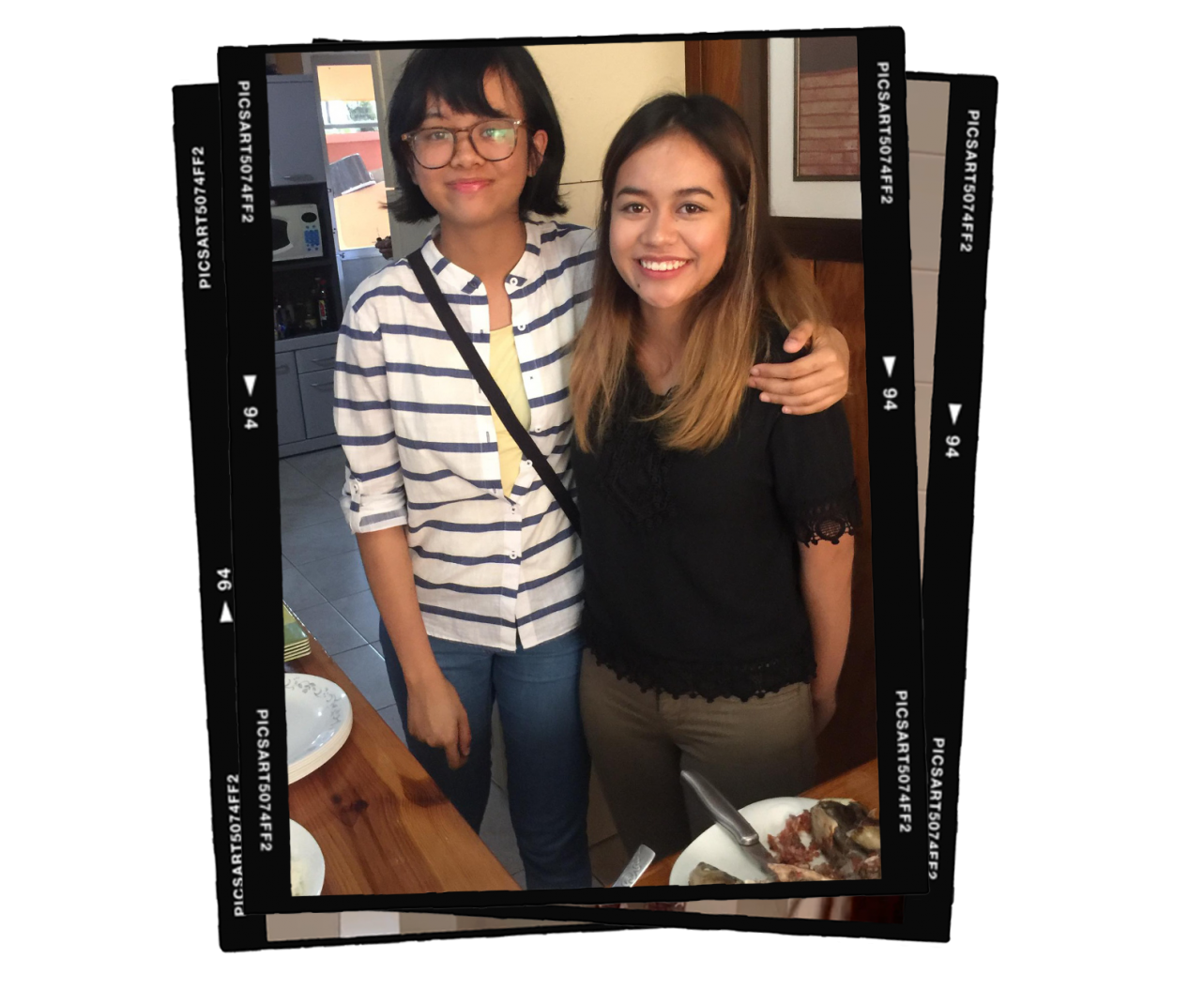
Another thing that made my IMH experience difficult was medication.
As it suppressed my emotions, I felt like I was unable to express myself or even cry when I wanted to. I was also physically uncomfortable as tremors, drooling and weakness were the other side effects.
While my brain was trying to get used to the medication, it became difficult to do small things like count money or concentrate during conversations. I also lost my ability to read as I could not process the words.
All this led me to believe that the medication was making me worse. In fact, there was a period after I got discharged when I secretly stopped taking medication.
During that time, I was also often home alone and became addicted to pornography.
Eventually, my struggle with sexual sin and the lack of medication caused a relapse in my mental illness, resulting in my second admission to IMH.
I COULDN’T ACCEPT MYSELF
But even after I was discharged after spending a few weeks in hospital, I continued to face challenges.
My new medication caused me to gain weight and develop acne, which affected my body image.
As I started to reflect on the different changes I had gone through, I realised I had become this girl who had extreme moods, had acne and was super overweight.
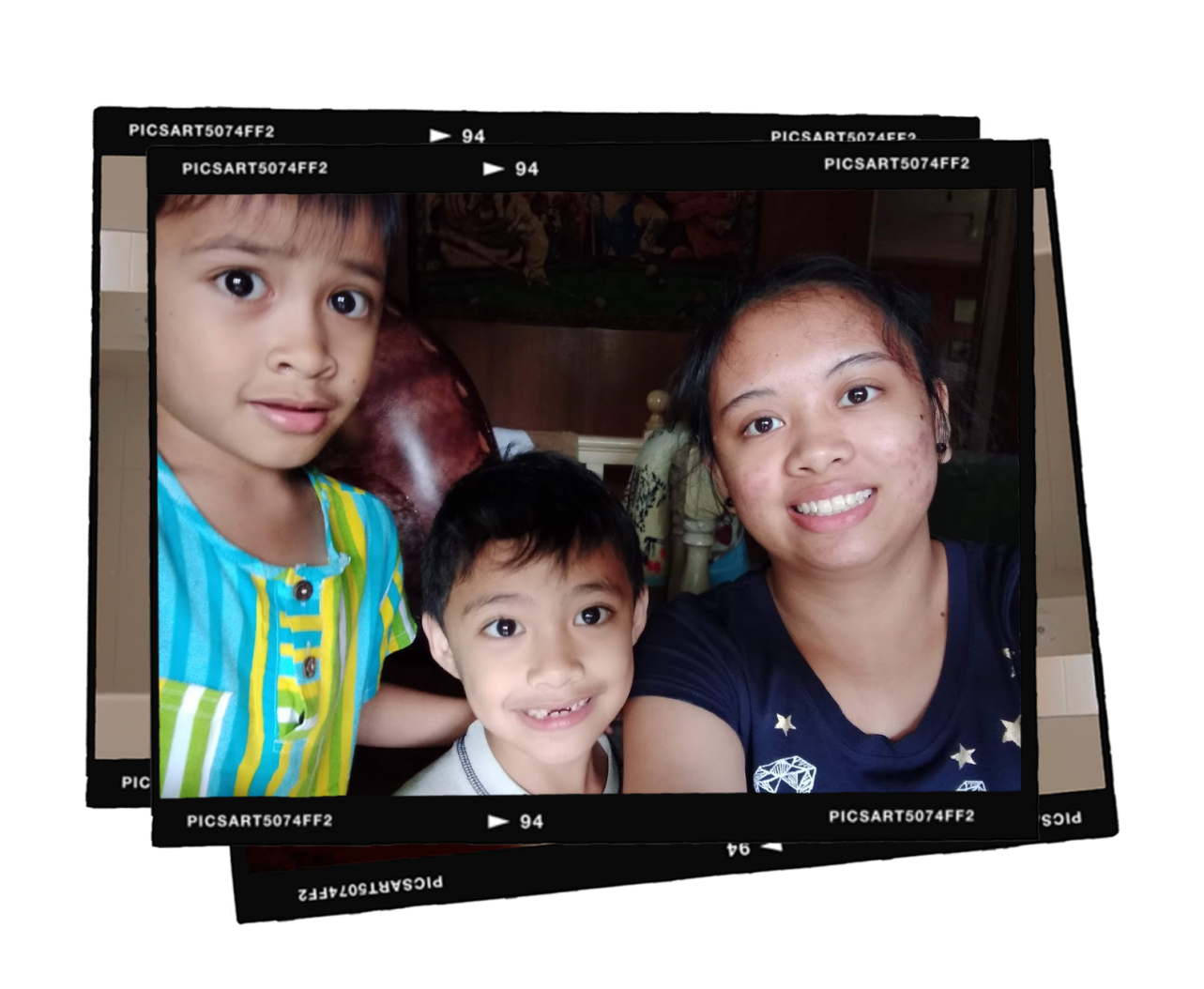
There was also this stigma for being “different”.
Some of my friends saw me in a bad light due to my mental illness and drifted away from me. People also commented on my weight and strangers thought I was pregnant.
Even though my mental health was improving, being clear-headed enough to see my reality caused me to spiral down into a dark place emotionally.
I could not accept the person I had become and believed I would no longer be accepted or loved by the community.
REALISING HOW MUCH I WAS LOVED
Even though I had been a Christian since childhood, there were many times during those trying years when I doubted God.
When I was hospitalised, there would be instances where I could feel His presence and find comfort in Him. But then there were other occasions where I would question His existence and wonder why He allowed me to go through such suffering.
“If you are real, why are You not here with me?” That was one of the many things I asked God.
But looking back, I can definitely say God was always with me. He sent people into my life to point me to His goodness and bring me healing.
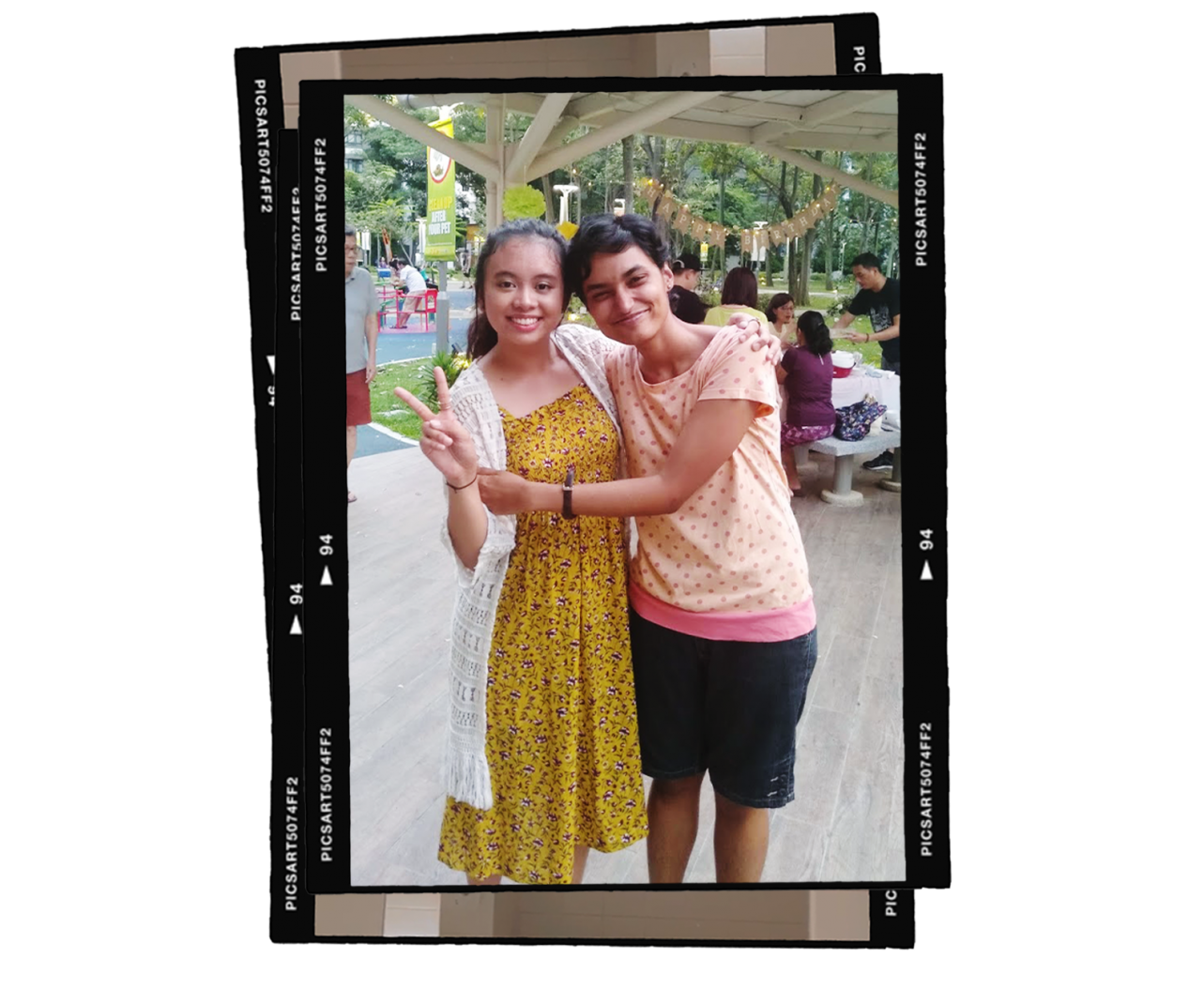
While being admitted into IMH twice was a difficult experience, it was integral to my recovery process. The doctors and nurses knew what they were doing and took good care of me.
The medication was also crucial in stabilising my mental state even though it had adverse side effects. Over time, it was adjusted to my current prescription, which is much more comfortable.
I didn’t feel judged — and that was really beautiful.
My family members and church family consistently supported me when I was hospitalised as well, by spending many precious hours visiting me.
They would talk to me, play card games with me and bring me gifts like chocolate or the Bible. My pastor even taught me how to play soccer in the ward’s garden.
They never treated me like I was different, but instead treated me like I was one of their own. I didn’t feel judged — and that was really beautiful.
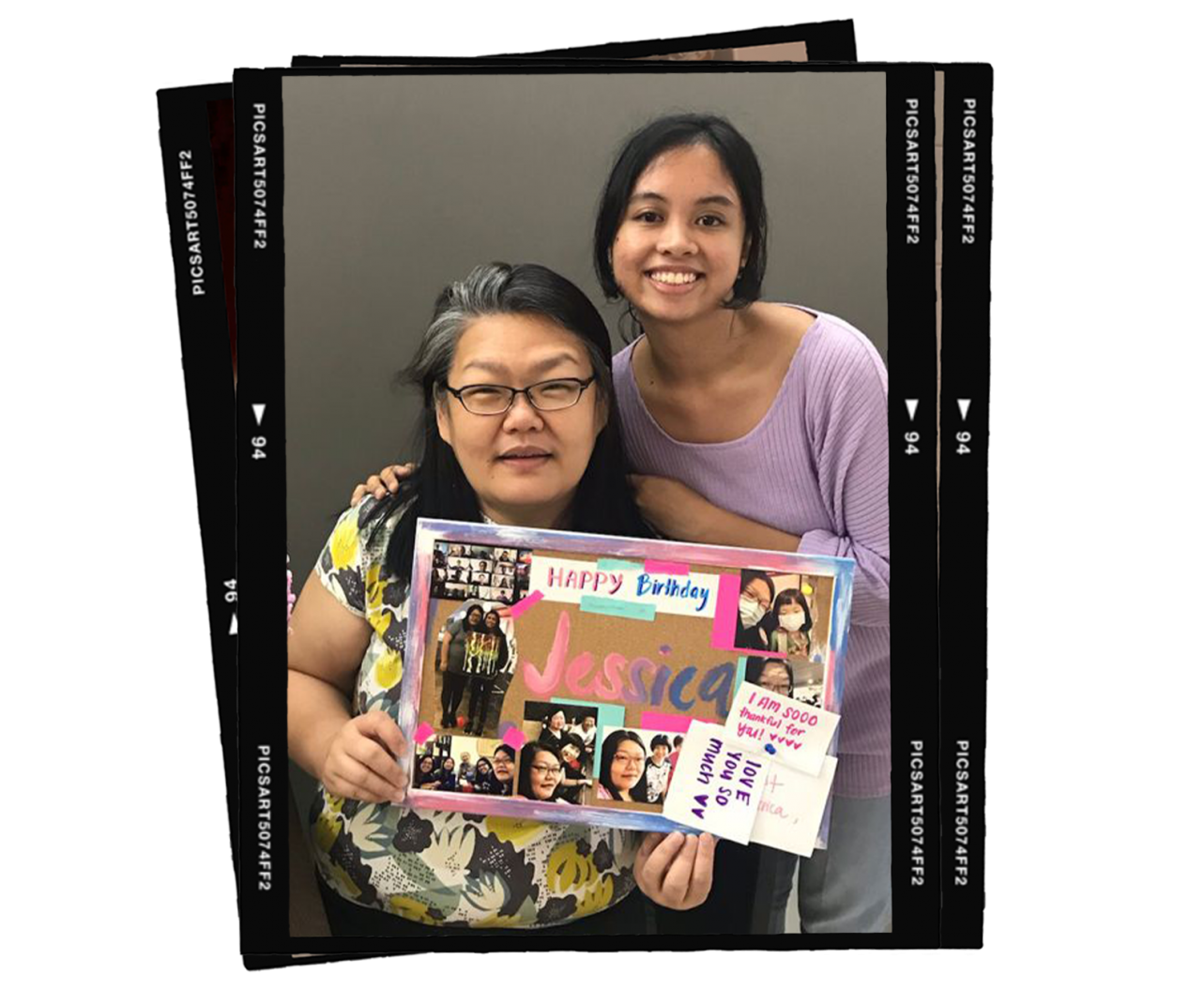
After my second discharge from IMH, people from church also scheduled dates to visit me.
During those home visits, they would talk to me and pray for me. When I could not read, a church mentor even came to read to me.
As my mum realised I could not be home alone, she also encouraged me to give counselling a shot. That’s when I started attending Christian counselling in 2018.
Something so simple reminded me that even if I didn’t feel it, I was loved by God.
One memorable way in which my counsellor helped me was in my struggles with my body image.
She looked me in the eye and told me to say “I am loved by God” whenever I looked into a mirror.
I did this affirmation exercise whenever I felt worthless or disgusted with my body. Something so simple reminded me that even if I didn’t feel it, I was loved by God.
My counsellor also encouraged me to go outdoors more often to exercise. Ever since then, I have become more active, which helps boost my mood.
MY JOURNEY TO RECOVERY
When my body finally adjusted to the medication, I regained the ability to read.
At that time I still had a worldly perspective on my beauty and worth, which led me to feel worthless and abandoned.
However, while looking through the Bible, I came across the story of a woman who bled for 12 years (Luke 8:40-48).
I imagined the crowd would have treated the woman with disgust as she passed through them to touch Jesus’ garment.
Jesus, however, didn’t shun her. He turned around and said: “Daughter, your faith has healed you.”
This woman was probably ostracised by her family and society for 12 years. Yet Jesus not only healed her — he even called her “daughter”.
Reading that story reminded me that God sees me not because the world sees me, but because I am redeemed, because He loves me and because He is who He says He is.
After that, I also decided to re-establish my connection with God by spending more time to pray and use my journalling Bible.
Doing so definitely contributed to my healing as I finally found my fulfilment not in the world or in myself, but in having a relationship with the God who created the vast universe and yet still knows my name.
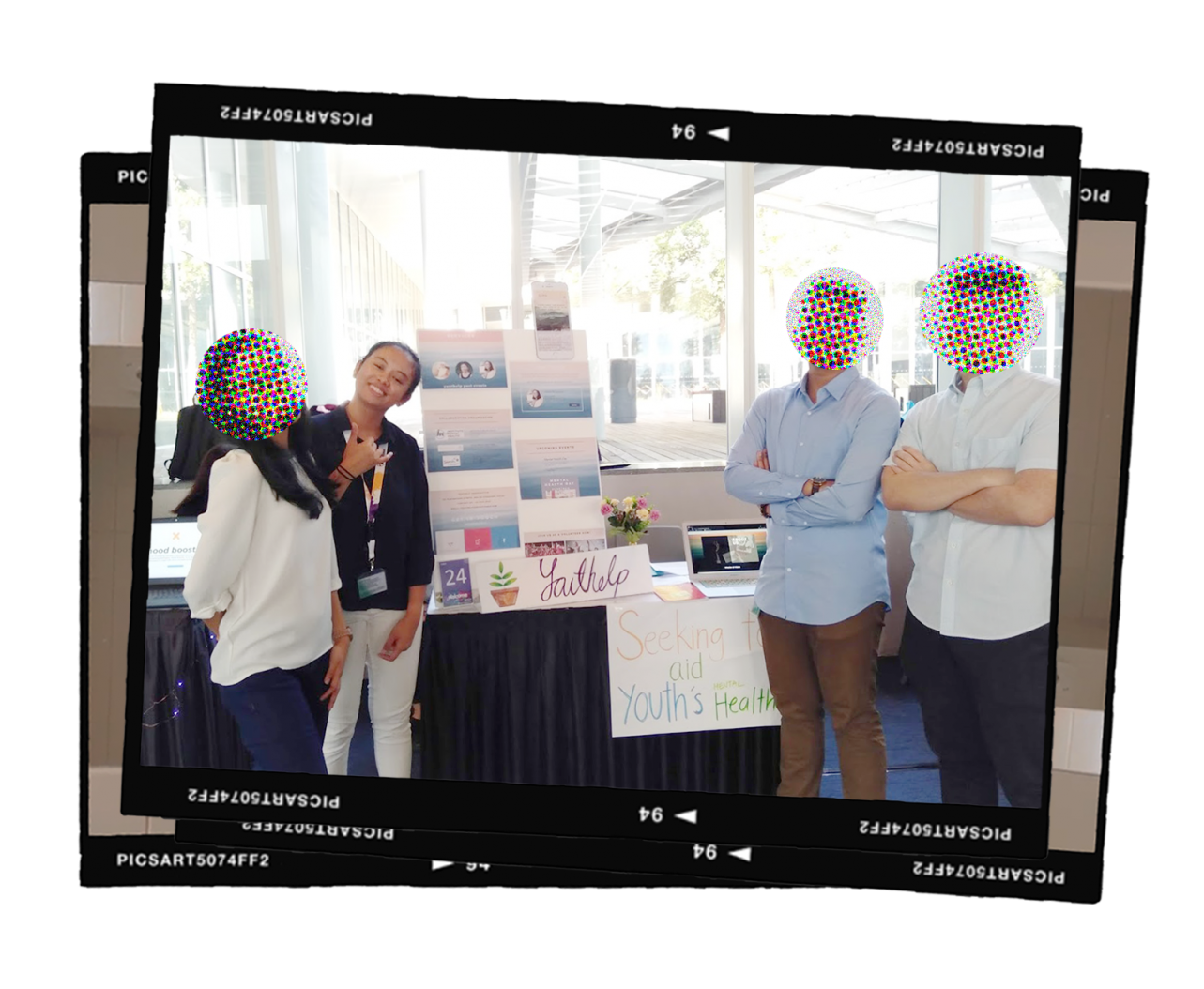
Today, while I still go to counselling and take medication, I am definitely in a better place.
I have gone back to school and I am studying in a polytechnic.
I am also more intentional about building a relationship with God, and have been able to share my story to encourage others who are also living with a mental health condition.
REACHING OUT TO THOSE WHO ARE STRUGGLING
Having gone through this journey, there are many things I would like to say to the Church regarding mental health.
For Christians who wish to support loved ones: Here are some tips from my own experience of receiving help.
1. Never do it alone
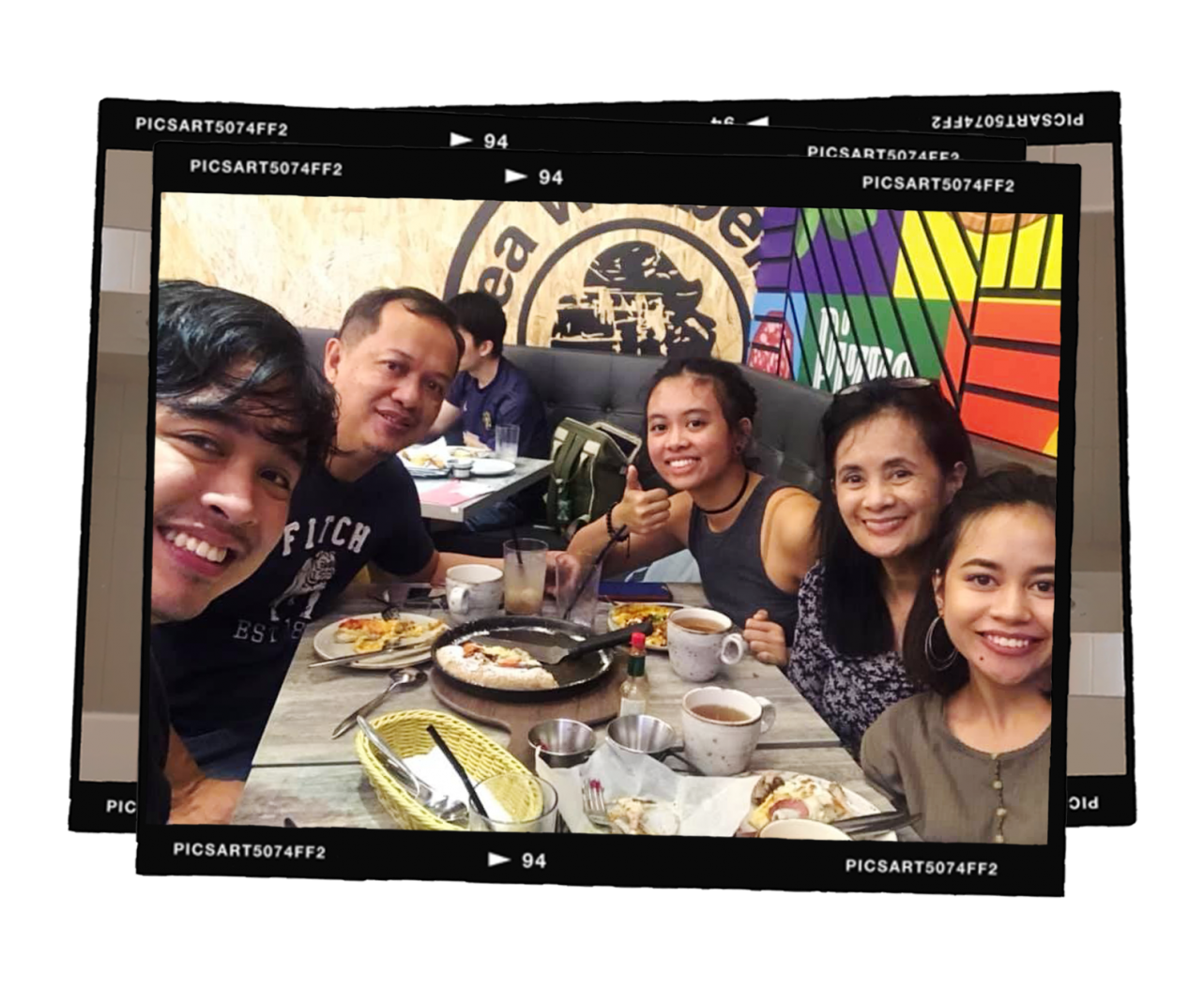
Get together family members and friends from your church, and consult someone who knows how to handle mental health situations.
Ask God for wisdom, and pray for Him to open the person’s heart before gently offering help.
It definitely won’t be easy.
I myself did not want help at the start, but my mum saw that I needed it. If she did not convince me to get professional help, I would have been in a much worse place today.
2. Remember to be sensitive
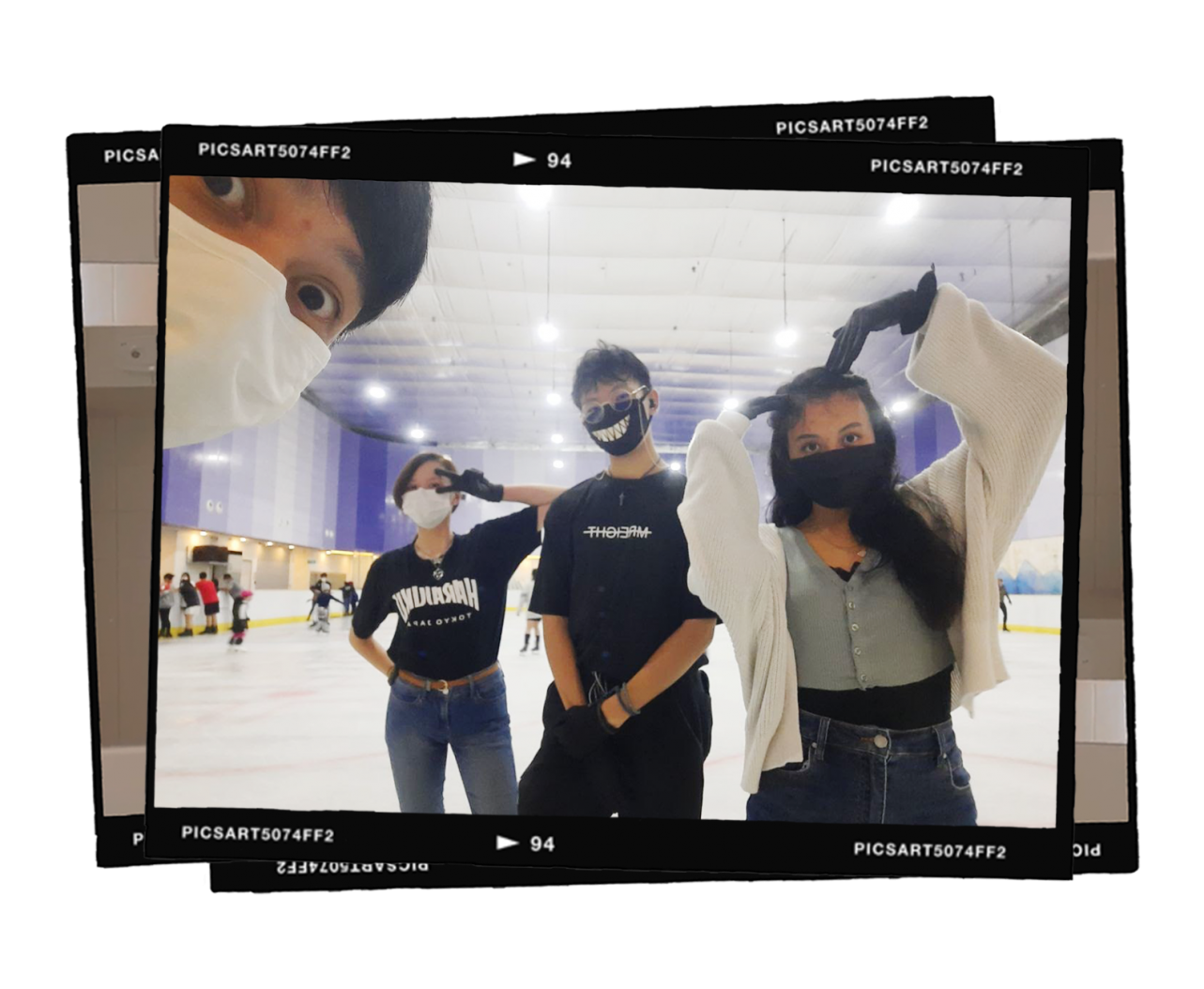
Try to avoid saying things like “others have it worse” or “I totally understand how you feel”.
While your intention is to comfort someone, they may take it the wrong way as they are the only ones who can fully understand their own struggles.
The best thing someone told me was: “Hannah, I may not understand how you feel, but I am here for you, praying for you and crying with you.”
3. Treat them with love and truth
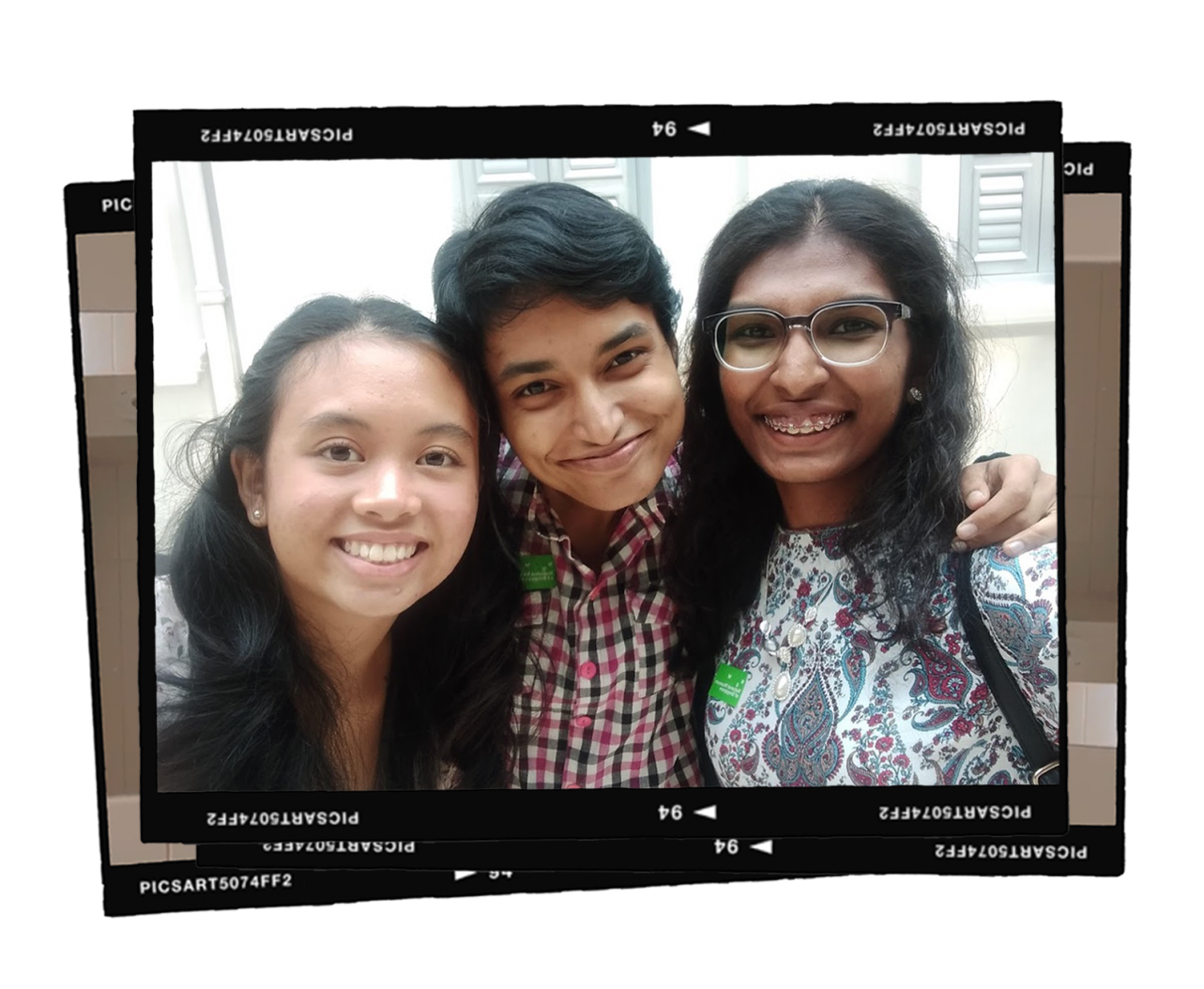
Debunk the dark lies in their mind by speaking the truth of how their worth is not in themselves, but in Christ.
Try not to treat them differently either; don’t coddle them by only saying things you think they love to hear.
Speak with truth and love together — that’s important.
And to Christians who are living with a mental health condition: I want you to know that it’s not wrong or sinful for us Christians to wrestle with mental illness.
Yes, God is our strength — that’s why we should cling onto His Word because we are imperfect humans living in a fallen world.
Most importantly, know that you are not alone.
You probably feel unseen and believe no one understands you, but know this: God does see you and is with you.
The world might deem you hopelessly ugly and worthless, but that is not true at all.
Jesus is beautiful and worthy enough for us. Through Him, we are all redeemed.
An earlier version of this article was first published on Stories of Hope.
If you’re feeling troubled and would like to chat with someone, help is available at these centres:
- Samaritans of Singapore (SOS): 1-767 (1-SOS) (24-hour) | [email protected]| m.me/SamaritansofSingapore
- Institute of Mental Health: 6389-2222 (24-hour)
- National Care Hotline: 1800-202-6868
- Singapore Association for Mental Health: 1800-283-7019
- Care Corner Counselling Centre (English and Mandarin): 6353 1180
- TOUCHline (Counselling): 1800-377-2252
- Fei Yue’s Online Counselling Service: ec2.sg
- Tinkle Friend by Singapore Children’s Society: 1800-274-4788 | tinklefriend.sg (online chat)
- Silver Ribbon Singapore: 6385-3714
Do also check out this list of resources if you require help for other issues not relating to mental health.
- What are your views on mental illness? What do you think the relationship between faith and mental health is like?
- Do you personally struggle with mental health? Do you have a community whom you can reach out to for support?
- Know someone who is living with a mental health condition? What are some ways you can love that person?









